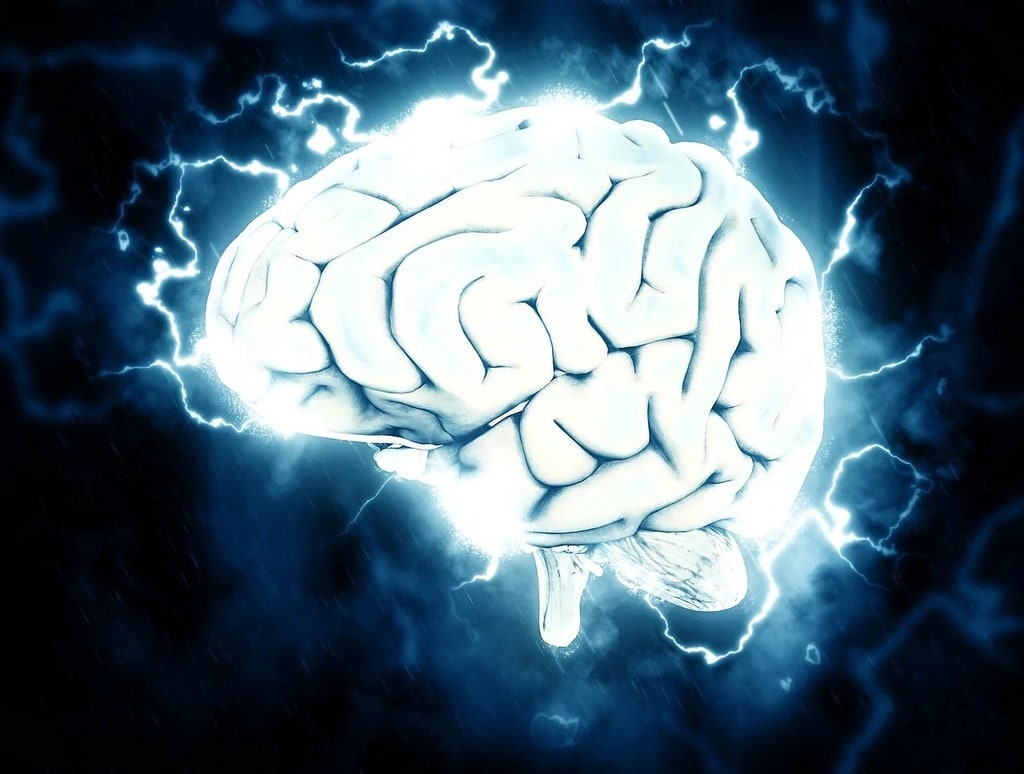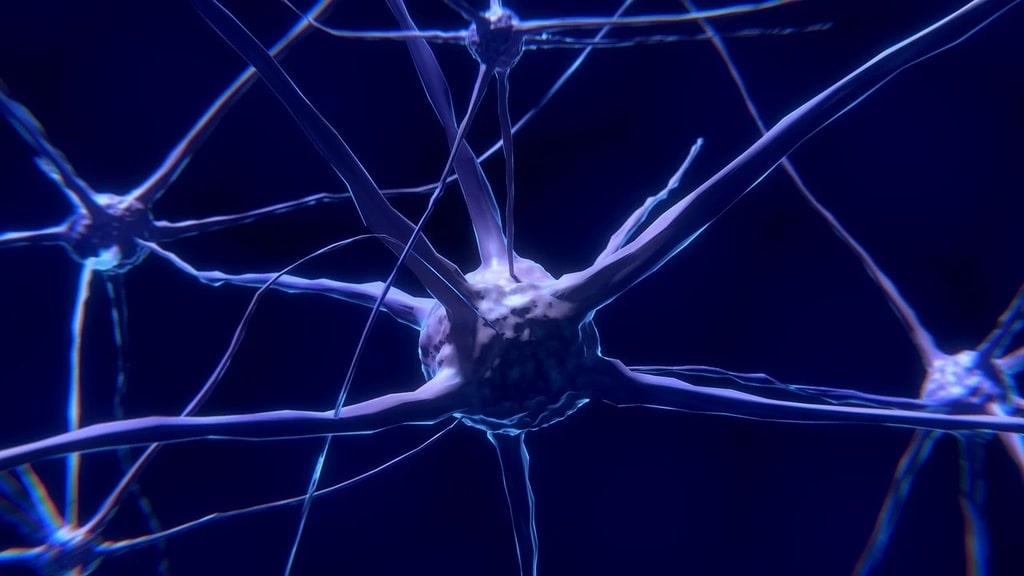
Understanding the basics of cognitive psychology
Cognitive psychology delves into understanding how people perceive, think, learn, and remember. It is a branch of psychology that investigates internal mental processes such as problem-solving, memory, and language. By exploring these areas, cognitive psychologists aim to uncover the mechanisms behind human thought and behavior, providing insights into how people process and store information.
Exploring the Fundamentals of Cognitive Psychology
Cognitive psychology encompasses a broad range of topics, each crucial to comprehending the intricate workings of the human mind. Central to this field is the concept that mental processes can be studied scientifically. Cognitive psychologists use experimental methods to study how people acquire, process, and store information, thus providing a clearer understanding of how the brain functions.
Perception and Attention
Perception is the process by which individuals organize and interpret sensory information to understand their environment. This involves recognizing objects, making sense of spatial relationships, and interpreting visual and auditory stimuli. Attention, on the other hand, is the ability to focus on specific stimuli or tasks while ignoring others. These two processes are intertwined, as effective perception often requires focused attention.
Research in perception and attention has revealed that these processes are not passive; they are dynamic and actively shaped by expectations and experiences. For instance, the brain uses prior knowledge to fill in gaps in sensory information, a phenomenon known as top-down processing.

Memory Systems
Memory is a central topic in cognitive psychology, divided into several systems: sensory memory, short-term memory, and long-term memory. Sensory memory retains information from the senses for a very brief period, usually less than a second. Short-term memory, also known as working memory, holds information temporarily for processing and manipulation. Long-term memory stores information indefinitely, ranging from facts and events to skills and procedures.
Understanding memory involves exploring how information is encoded, stored, and retrieved. Cognitive psychologists study various factors that affect these processes, such as repetition, context, and emotional significance. The distinction between different types of memory and their functions provides insight into why people remember certain information while forgetting others.
Problem-Solving and Decision-Making
Problem-solving and decision-making are complex cognitive processes that involve identifying solutions to challenges and making choices among alternatives. These processes rely on various cognitive functions, including reasoning, judgment, and critical thinking. Problem-solving often requires breaking down a problem into manageable parts, developing strategies, and evaluating potential solutions.
Decision-making involves selecting the best course of action from several options. This process can be influenced by biases, heuristics, and risk assessment. Cognitive psychologists study these influences to understand how people make decisions in different contexts and how they can be improved.
Language and Thought
Language is a unique human ability that allows individuals to communicate complex ideas and emotions. Cognitive psychology examines how language is acquired, understood, and produced. This includes studying the mental processes involved in language comprehension, such as parsing sentences and understanding meaning, as well as the production of speech and writing.
The relationship between language and thought is another key area of interest. The idea that language shapes thought, known as linguistic relativity, suggests that the language one speaks can influence how one perceives and thinks about the world. Research in this area explores how different languages and linguistic structures affect cognitive processes.
Applications of Cognitive Psychology
Cognitive psychology has practical applications in various fields, such as education, healthcare, and artificial intelligence. In education, understanding cognitive processes can improve teaching methods and enhance learning outcomes. Techniques like spaced repetition and active learning are based on principles derived from cognitive psychology.
In healthcare, cognitive psychology informs therapeutic approaches for mental health conditions. Techniques like cognitive-behavioral therapy (CBT) are grounded in the principles of cognitive psychology and aim to change maladaptive thought patterns.
Artificial intelligence (AI) and human-computer interaction also benefit from cognitive psychology. By understanding how humans think and process information, developers can create more intuitive and effective AI systems and interfaces.
Here are some key points summarizing the basics of cognitive psychology:
- Cognitive psychology studies internal mental processes such as perception, attention, memory, problem-solving, and language.
- Perception and attention involve organizing and interpreting sensory information and focusing on specific stimuli.
- Memory is divided into sensory, short-term, and long-term systems, each with distinct functions.
- Problem-solving and decision-making rely on cognitive functions like reasoning and judgment.
- Language acquisition and processing are central to communication and thought.
- Cognitive psychology has applications in education, healthcare, and artificial intelligence.
Future Directions in Cognitive Psychology
Advances in technology and interdisciplinary research are opening new frontiers in cognitive psychology. Neuroimaging techniques, such as fMRI and EEG, allow scientists to observe brain activity in real-time, providing deeper insights into the neural underpinnings of cognitive processes. These tools are helping to bridge the gap between cognitive psychology and neuroscience.
Another exciting development is the growing field of computational modeling. By creating detailed computer simulations of cognitive processes, researchers can test theories and predictions in a controlled environment. This approach enhances the understanding of complex mental functions and their interactions.
In educational settings, cognitive psychology continues to contribute to the development of effective teaching strategies and learning technologies. By integrating findings from cognitive research into educational practices, educators can better support students’ learning and development.
In conclusion, cognitive psychology is a vital field that enriches our understanding of the human mind. By exploring mental processes and their applications, cognitive psychologists provide valuable insights that benefit various aspects of society, from education to technology. As research progresses, the future of cognitive psychology promises even deeper discoveries into the intricate workings of the human brain.